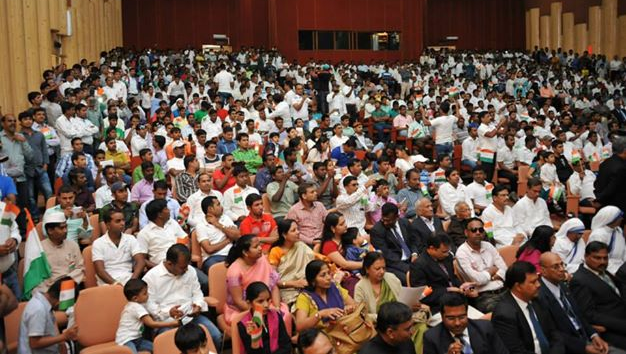By I C Niak
After a long spell of time Flat Transfer Premium (FTP) in the news. It’s matter of concern for a class of co-operative housing societies 3000 in Mumbai and 20,000 all over the State of Maharashtra, having buildings on the land belonging to the State Government. FTP forms part of the State’s list of matters of public interest pursuant to an order passed under 79A(1) of the M C S Act 1960.
As per this Section “79A(1) if the State Government, is satisfied that in the public interest, ”it is necessary to issue directions to any class of societies generally or to any society or societies in particular, the State Government may issue directions to them from time to time, and all societies or the societies concerned, as the case may be, shall be bound to comply with such directions.” Consequences of non-compliance are: Disqualification to the concerned member of the Committee for six years and (2) dismissal from the job in case default is by an employee.
The State Government made an order No. SAGRUYO-2001/PRA.KRA.188/14-SA on 9th August 2009 “for the larger public interest in the state” The fixed a ceiling of maximum FTP a General Body Meeting of a housing society can demand from the seller. Highest FTP can be Rs 25000 irrespective of the size of the flat in Municipality areas. In fact this order was issued to legalize a Circular No. Grihnirman /Gala Tabdil/FFC/89 dated 27th Nov. 1989.issued by the Commissioner for Cooperation and Registrar of Cooperative Societies without having a power to do so. For 20 years housing societies complied with an illegal directive on such highly sensitive matter. The order of 2009 contains an exact copy of the slabs of ceiling on FTP according to area of operation of a housing society .
Mumbai Mirror (Jul 10 2017 ) broke this bad news of a controversial circular by the Government of Maharashtra. As per this Report purpose of the Order is “to mop up funds for the Rs 34,000 crore farm loan waiver, by announcing increase in transfer fee on sale of flats in housing societies built on land allotted by the government.” Reportedly “the increase is ranging from six to 10 times from the current Rs 100 per square feet.” For a flat of 500 square feet, FTP will rise to a sum of Rs 400,000 from Rs 50,000.
The estimated number of autonomous self financed housing societies in Maharashtra exceeds 100,00. These are located on the bought out land. Government has no control in theory. The Constitutional (97th Amendment) Act 2011 (97CAA ) conferred a constitutional status along with a constitutional framework for the States to instill the same in their functioning in accordance with the new Part IXB: Cooperative Societies inserted in the Constitution of India. The housing societies being self reliant (not getting any financial aid from the State) are at last relived of the hanging sword of an Administrator taking over control of their affairs. 97CAA expected the States to have conferred far more autonomy than what the Maharashtra Cooperative societies (Amendment) Act 1913 actually did. Freeing housing societies from a lesser known power of the State Government under Section 79A is one such glaring issue.
Look at the raise announced for housing society standing on government land from 50,000 to 400,000 and an arbitrarily fixed ridiculous ceiling on FTP for autonomous housing societies. The later concerns public interest and the former also concerns public interest of raising State revenue. Is it sustainable, under the radically changed environment created by the Parliament with 97CAA? When the aforesaid announcement was made it did not occur to anybody in the peoples’ government (Janta/Shiva Sena) to have a re-look at the FTP capped at Rs 25000 in “in public interest” nearly three decades ago? . The Government of India has in a scheme of tax on capital gains introduced a concept of indexation to jack up the purchase cost of a capital asset transferred at a gain.
The idea is to factor in cost of living. In a matter of public interest in case of housing societies why does indexation is not relevant? The index in 1989 was 172 Which has been pegged up at 1125 For Ay 2016-17. If 25000 is raised as per indexation concept the FTP in private housing societies would have reached a figure from 25000 to Rs 160000. Even this is unrealistic. As of today a flat in Western sub-urb are sold at around 10,000 to 15000 Rs per square foot. If an average is taken at Rs 12000 for a flat which was costing in 1989 around Rs 600 per square foot, thanks to a much pampered Real Estate Sector, FTP would work out to Rs 500,000 on prorate rise in market price. So gains are of the Real Estate Sector and the housing societies are the victims. Is it a correct way to serve a larger public interest? Repeal of 97A is long overdue.
